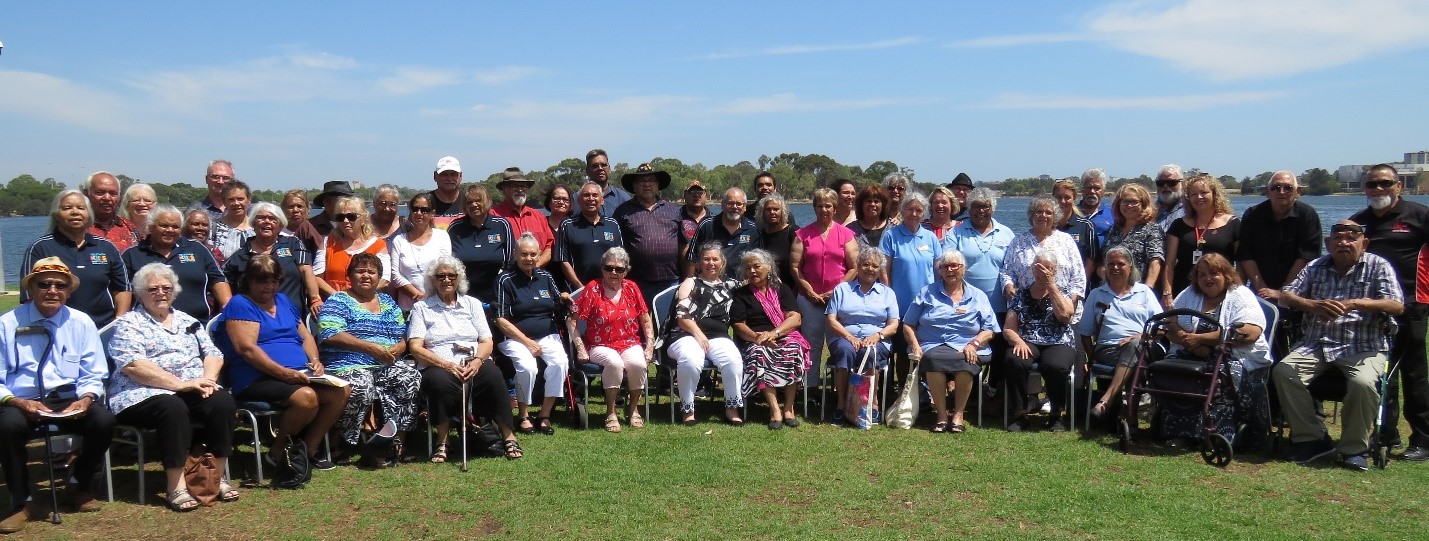Search

Research
The Sibling ProjectThe Sibling Project focuses on the wellbeing, relationships and needs of children, adolescents and emerging adults who have a sibling with a developmental disability.

Our vision is to increase awareness and improve outcomes for children with movement disorders and other neurodevelopmental conditions impacting on motor function.

The third Big Elders meeting/gathering was held on the 26th of February 2019 at Burswood on Swan.
Research
Comparing Web-Based Mindfulness With Loving-Kindness and Compassion Training for Promoting Well-Being in Pregnancy: Protocol for a Three-Arm Pilot Randomized Controlled TrialPromoting psychological well-being and preventing distress among pregnant women is an important public health goal. In addition to adversely impacting the mother's health and well-being, psychological distress in pregnancy increases the risk of poor pregnancy outcomes, compromises infant socioemotional development and bonding, and heightens maternal and child vulnerability in the postpartum period. Mindfulness and compassion-based interventions show potential for prevention and early intervention for perinatal distress.
Research
Literacy and Numeracy Underachievement in Boys and Girls With ADHDChildren with ADHD are disadvantaged from an early age in key areas of learning, and this risk increased with reduction in gestational age at birth
Research
Human genetics of leishmania infectionsGWAS results provide firm confirmation for the importance of antigen presentation and the regulation of IFNγ in determining the outcome of Leishmania infections
Research
Clinical description and outcomes of Australian children with invasive group a streptococcal diseaseInvasive group A streptococcal infection in Australian children is frequently severe and has a high long-term morbidity burden
Research
Structural determinants of long term functional outcomes in young children with cystic fibrosisChest CT identifies children at an early age who have adverse long-term outcomes
Research
Parents’ experience and psychoeducation needs when supporting a young person who self-harmsThe study highlights the need for support for parents and carers of young people who engage in self-harm
Research
Immune function during early adolescence positively predicts adult facial sexual dimorphism in both men and womenOur results support a fundamental assumption that facial sexual dimorphism is an indicator of immune function during the development of facial sexual dimorphism
